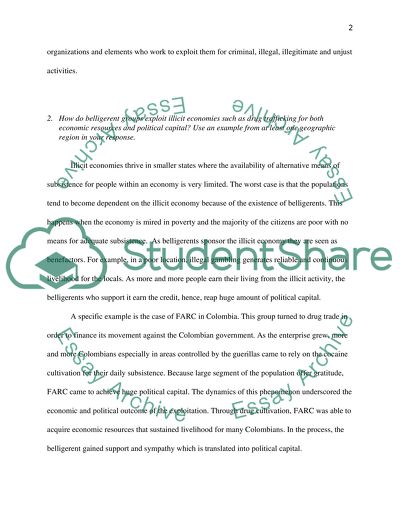Cite this document
(“Questions on Globalization/Poverty/Mexico/Yemen Essay”, n.d.)
Questions on Globalization/Poverty/Mexico/Yemen Essay. Retrieved from https://studentshare.org/history/1446345-globalization-poverty-mexico-yemen
Questions on Globalization/Poverty/Mexico/Yemen Essay. Retrieved from https://studentshare.org/history/1446345-globalization-poverty-mexico-yemen
(Questions on Globalization/Poverty/Mexico/Yemen Essay)
Questions on Globalization/Poverty/Mexico/Yemen Essay. https://studentshare.org/history/1446345-globalization-poverty-mexico-yemen.
Questions on Globalization/Poverty/Mexico/Yemen Essay. https://studentshare.org/history/1446345-globalization-poverty-mexico-yemen.
“Questions on Globalization/Poverty/Mexico/Yemen Essay”, n.d. https://studentshare.org/history/1446345-globalization-poverty-mexico-yemen.


